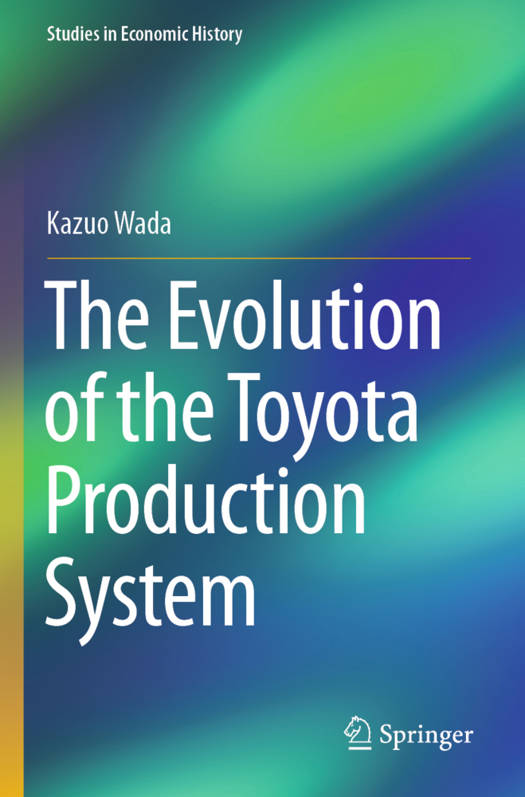
- Afhalen na 1 uur in een winkel met voorraad
- Gratis thuislevering in België vanaf € 30
- Ruim aanbod met 7 miljoen producten
- Afhalen na 1 uur in een winkel met voorraad
- Gratis thuislevering in België vanaf € 30
- Ruim aanbod met 7 miljoen producten
Omschrijving
This book utilizes historical evidence to describe the development of the Toyota Production System (TPS). The development of TPS typifies the transformation of production control in interchangeable industries in the twentieth century. Much of the extensive literature available on TPS has been geared toward describing TPS from a number of different perspectives. Many researchers consider TPS distinct from American mass-production systems. Although TPS (and, more generally, the production control systems in the Japanese assembly industry) has differentiated itself from similar US production systems, the evolution of TPS is largely attributable to attempts to learn from, imitate, and modify pre-World War II US production methods. Through these efforts, TPS has achieved levels of efficiency in Japan comparable to those of US production systems. Additionally, a reliance on Information and Communication Technology (ICT) in relation to production control has facilitated the development of TPS. The literature on TPS, however, has largely ignored the vital relationship between ICT and production control due to an inordinate focus on "Kanban." Kanban translates to "signboard" in Japanese but is used to refer to an organic linkage between work in preceding and subsequent production processes. This book sheds light on the development of a fully digitalized Bill of Materials (BOM) at Toyota, behind its Kanban and production control.
Specificaties
Betrokkenen
- Auteur(s):
- Uitgeverij:
Inhoud
- Aantal bladzijden:
- 166
- Taal:
- Engels
- Reeks:
Eigenschappen
- Productcode (EAN):
- 9789811549304
- Verschijningsdatum:
- 10/06/2021
- Uitvoering:
- Paperback
- Formaat:
- Trade paperback (VS)
- Afmetingen:
- 156 mm x 234 mm
- Gewicht:
- 263 g

Alleen bij Standaard Boekhandel
Beoordelingen
We publiceren alleen reviews die voldoen aan de voorwaarden voor reviews. Bekijk onze voorwaarden voor reviews.











